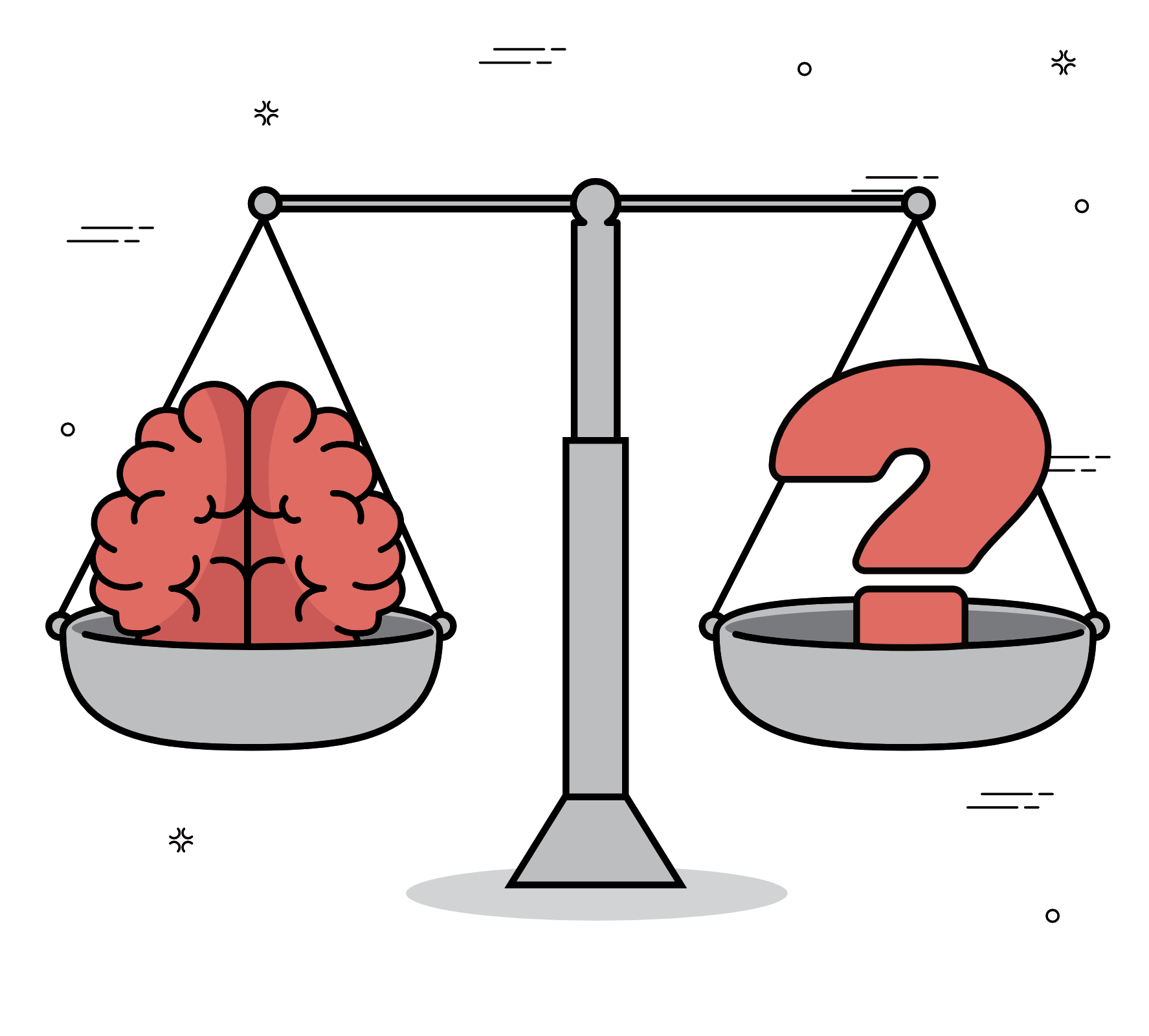The Myth Of Intelligence
Everybody‘s smart about something

Everyone is intelligent in some way, but we only call a few things intelligent. This is really not very smart. Intelligence did not evolve in a vacuum, it is an adaptation. The real question is intelligent for what?
If general intelligence is acquiring knowledge and solving problems, the question is what knowledge, what problems? Different people can be intelligent for different situations.
Even the most skilled doctor is useless for a broken heart, you need a trusted friend for that. They may not know hearts, but they know you. In the same way, however, the most emotionally intelligent friend can’t do shit for a broken leg. You need a doctor. Both tasks require intelligence, just different kinds.
Is one type of intelligence generally better than the other? No. We don’t live in generalities, we live in the specifics. That is why we need to think of intelligence as what it is — an adaptation — and not a value judgement (which frequently maps to class). Like yin to yang or plug to point, you always have to ask, intelligent for what?
Adaptation
When we think of evolution we think of a long line of progress, leading inexorably to us, the pinnacle of evolution. That’s what I thought, until I took a human evolution class. Evolution is a mess and, geologically speaking, humans are a fart in the wind. Nature is constantly creating grand forms like dinosaurs and then completely scribbling them out. We may be next. There is no adaptation that’s the ‘best’ evolution. Adaptation is always to an environment, and that environment frequently murders its darlings.
Evolution is a constant dance of genes and environment, traits and terrain. It’s not just survival of the fittest. Fish are extremely fit for water but shit on land. You always have to ask fit for what.
Thus it’s important to understand that intelligence is just another trait. Frankly, one of the more vague ones. It’s not some measurable thing like height, it’s only understandable in relation to other things. Intelligence is also a social trait, and what matters to society is always changing.
If there were ancient SATs, our ‘smartest’ people would fail. We don’t know what all the plants are and what they do, we can’t navigate by the stars, most of us would be useless in a hunt. Intelligence meant something very different back then, and who are we to say they were wrong? Our ancestors maintained civilization for millions of years and we’re about to melt the Earth in a few hundred. And we call ourselves smart. Smart for what? FOR WHAT?
When it comes to traits like intelligence, we’re evolutionary bugs in a rug. We can’t see the larger pattern and how insignificant this particular moment in time is. That humility is the intelligence we lack.
Class
Secure in our ignorance, we pronounce some people intelligent and other people not. But what does this mean, and why does it so frequently break according to class?
Take the idea of skilled and unskilled labor, the former presumably requiring more intelligence. So using spreadsheets is ‘skilled’ but changing sheets is not. But have you tried changing dozens of sheets in a day? Could you do it efficiently and well? Do you realize that we can’t even design machines to do this, whereas we can automate a lot of spreadsheets?
I’m not saying that one is better than the other, I’m saying that neither is. You always have to ask better for what? If I want to figure out how many sheets to buy I might need a spreadsheet. If I need to change them I’ll need a different skill. We choose to value one job more than another, they’re not inherently more or less valuable. Then we choose to pay some people 500x more than others. But this isn’t because they’re more intelligent. This is just class.
Take the SATs, an intelligence ‘test’. What they were really measure is your cultural aptitude, how well you can communicate within a certain class. The verbal SATs measure how well you know one rich, white dialect, not language in general. It takes as much skill to parse Wu-Tang lyrics, but don’t nobody test for that. What we call a language test is actually testing for class. But that’s not what intelligence is.
What we call intelligence doesn’t measure emotional intelligence. It barely measures teamwork. It doesn’t cover physical intelligence. It doesn’t cover different languages, dialects, or different ways of thinking. Our idea of intelligence encompasses certain ideas and certain ways of thinking which aren’t necessarily better, they’re just more powerful. They’re the shibboleths of the upper class.
This all creates a world where the very definition of intelligence breaks quite cleanly across class. Barack Obama is well-spoken, but Megan Thee Stallion is crass. And yet they both speak well. What we call intelligence is really part of the eternal, infernal laundering of class.
The Point
I don’t mean that intelligence doesn’t exist, I mean, nothing exists, words exist insomuch as they’re useful. I’m saying that the way we define intelligence isn’t very useful. Right now we leave a lot of talent on the table because we don’t recognize it. We have better poets coming out of the strip club than English Departments, so maybe we’re not teaching it right. We pay a lot of people badly who turned out to be essential workers during a pandemic, so maybe we should pay them more. I would not call our definition of intelligence very intelligent.
There is no general intelligence that lets you do everything well or know everything better, besides maybe listening. And that’s not a ‘higher’ intelligence, it’s actually just humility. That’s recognizing the intelligence in everyone else (and the stupidity) and seeing that it’s not something people are, but what they do, in context.
Everyone is intelligent in some way, and in our own way we’re all fools. The only question is for what.